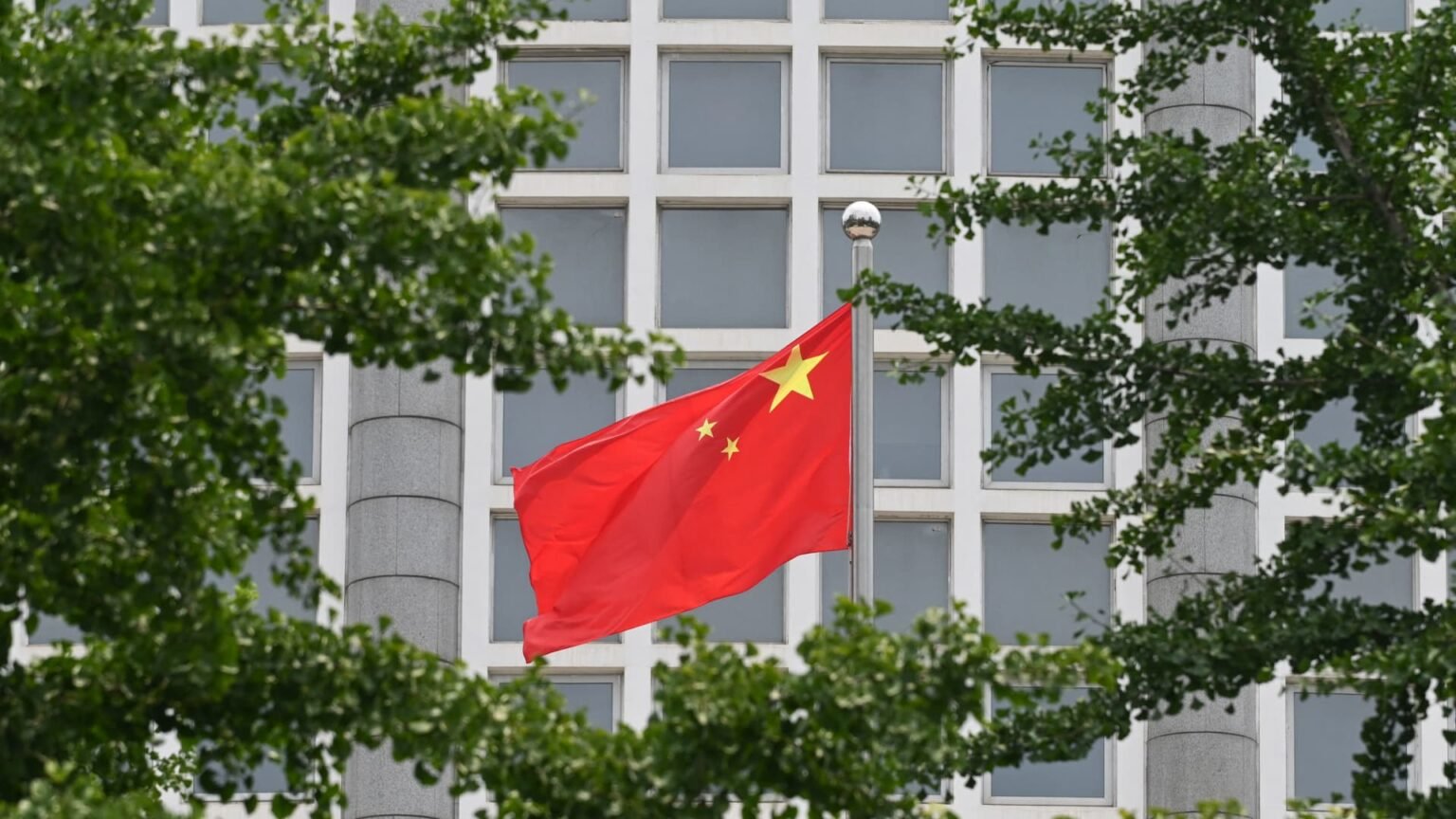Zheng Shanjie, chairman of China’s National Development and Reform Commission, recently announced actions to bolster the country’s economy, such as speeding up special purpose bond issuance to local governments. However, he did not unveil any major new stimulus plans, disappointing investors and weakening the rally in the mainland Chinese markets. Zheng revealed that 1 trillion yuan in ultra-long special sovereign bonds have been fully deployed to fund local projects, and China will continue to issue such bonds next year. Additionally, a 100 billion yuan investment plan for next year will be released ahead of schedule.
During a press briefing with key officials of the economic planning agency, Zheng promised more measures to support the property market and boost domestic spending. Chinese stocks surged over 10% in early trading on Tuesday morning as markets in mainland China reopened after the weeklong Golden Week holiday. Prior to the holiday, Chinese authorities had emphasized the need to strengthen fiscal and monetary policy support to address the economic downturn and sliding property prices. China’s economy had grown by 5.0% in the first half of the year, meeting the government’s target, but growth slowed to 4.7% in the April-June quarter, the slowest since 2023.
China’s latest economic data showed a rise of 0.6% in the consumer price index in August, below expectations, while core-CPI climbed by 0.3%. Factory activity also contracted for the fifth consecutive month in September, with the official PMI at 49.8 and the Caixin PMI at 49.3, the sharpest contraction in 14 months. These indicators reflect challenges such as declining demand and a weakening labor market. Zheng had previously stated in March that China would continue to strengthen macroeconomic policies, including coordination of fiscal, monetary, employment, industrial, and regional policies to adjust to economic conditions.
The Chinese government’s efforts to address the economic slowdown come after a disappointing recovery from Covid-19 lockdowns, which has impacted domestic demand and led to a protracted property downturn. Despite meeting its growth target in the first half of the year, China’s GDP growth in the second quarter fell short of expectations, indicating ongoing challenges. The stimulus measures aimed at supporting the economy include speeding up the issuance of special purpose bonds and releasing a significant investment plan for next year. Additional measures to support the property market and boost domestic spending are also expected in the future.
Zheng’s announcement at the press briefing signals a commitment to addressing the economic challenges facing China and implementing policies to stimulate growth. The government’s focus on strengthening fiscal and monetary policy support aligns with previous statements from Chinese authorities about the importance of coordinating economic policies. The ongoing economic data, including declining factory activity and slower CPI growth, highlight the need for targeted interventions to spur economic recovery. The Chinese government’s proactive stance on addressing economic challenges and implementing stimulus measures reflects a comprehensive approach to supporting the country’s economy amid global uncertainties.











